Major Depression, a debilitating mental health condition affecting millions worldwide, has long been treated with a combination of psychotherapy, medications, and lifestyle changes. While these treatments are effective for many, there remains a significant portion of individuals who do not respond adequately to traditional approaches. However, recent advancements in mental health care have introduced new and promising treatments for Major Depression, offering hope to those who have struggled to find relief.
Emerging Treatments for Major Depression
- Ketamine Therapy: Originally developed as an anesthetic, ketamine has gained attention in recent years as a fast-acting treatment for Major Depression, particularly in cases resistant to traditional antidepressants. Administered intravenously or as a nasal spray, ketamine works on the brain’s glutamate system, promoting rapid changes in mood and often providing relief within hours. Unlike traditional antidepressants that can take weeks to show effects, ketamine offers a promising option for those in urgent need of relief.
- Transcranial Magnetic Stimulation (TMS): TMS is a non-invasive procedure that uses magnetic fields to stimulate nerve cells in the brain, particularly in areas involved in mood regulation. This treatment has been found effective in alleviating symptoms of depression, especially for individuals who have not responded to medications. TMS is typically administered in a series of sessions over several weeks and has the advantage of having few side effects compared to traditional pharmacological treatments.
- Psilocybin-Assisted Therapy: Psilocybin, the active compound in certain types of hallucinogenic mushrooms, has been studied for its potential in treating Major Depression. In controlled, therapeutic settings, psilocybin has shown promise in helping individuals achieve significant and lasting reductions in depressive symptoms. The treatment involves guided sessions where patients take psilocybin under the supervision of trained professionals, with the goal of facilitating deep emotional processing and insights that can lead to improved mental health.
- Digital Therapeutics: Advances in technology have led to the development of digital therapeutics, which are software-based interventions designed to treat depression. These can include mobile apps, online platforms, and virtual reality experiences that provide therapeutic exercises, cognitive-behavioral therapy (CBT), mindfulness training, and more. These tools offer accessibility and convenience, making treatment more available to those who may not have access to traditional therapy or who prefer a self-guided approach.
- Vagus Nerve Stimulation (VNS): VNS is an emerging treatment that involves the use of a device implanted under the skin to stimulate the vagus nerve, which runs from the brainstem to the abdomen. This nerve plays a crucial role in mood regulation, and its stimulation has been found to reduce symptoms of depression in individuals who have not responded to other treatments. While VNS requires surgical implantation, it has shown promise as a long-term treatment option for chronic depression.
The Future of Depression Treatment
These emerging treatments offer new avenues of hope for individuals living with Major Depression, particularly those who have not found success with traditional therapies. As research continues to evolve, the mental health field is likely to see even more innovative approaches that address the complexities of depression in personalized and effective ways.
It’s important to note that while these treatments are promising, they are not universally suitable for all individuals with depression. Each person’s experience with depression is unique, and treatment plans should be tailored to their specific needs and circumstances, ideally under the guidance of a mental health professional.
Conclusion
The development of new treatments for Major Depression marks a significant advancement in mental health care. From fast-acting options like ketamine therapy to innovative approaches like digital therapeutics and psilocybin-assisted therapy, these treatments are expanding the possibilities for individuals seeking relief from depression. As these therapies become more widely available, they have the potential to improve the lives of millions who suffer from this challenging condition, offering new hope and pathways to recovery.




